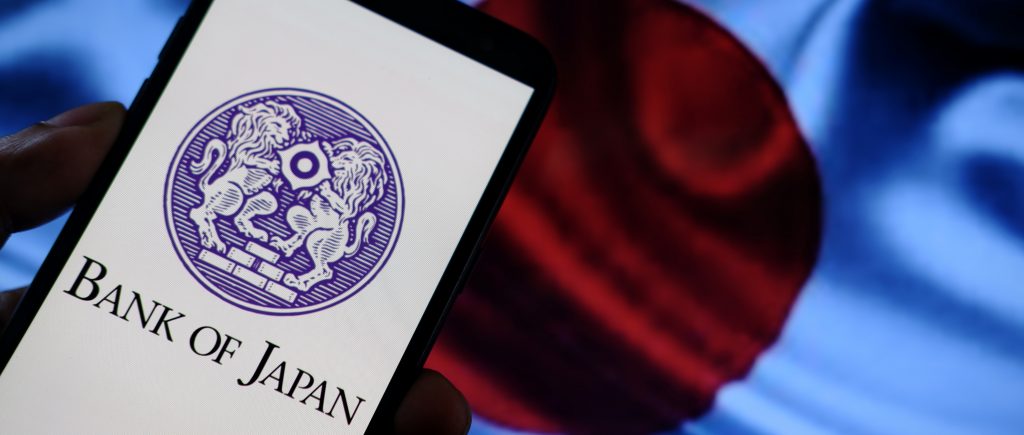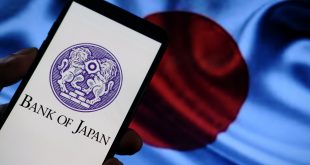A sense of urgency is building within the halls of the Bank of Japan (BOJ) as the nation grapples with surging inflation and a weakening yen. The once-unthinkable prospect of raising interest rates is now at the forefront of policy discussions, with recent meeting summaries revealing a growing consensus among policymakers that action may be needed sooner rather than later.
The Japanese economy, the fourth largest in the world, has long been accustomed to a low-interest-rate environment. For years, the BOJ has maintained a negative short-term interest rate policy in an effort to stimulate economic growth and combat deflation. However, the tide seems to be turning as inflation continues to outpace the central bank’s 2% target.
In May, Japan’s core inflation rate reached 2.5%, accelerating from 2.2% in the previous month. This surge is largely attributed to higher energy costs, exacerbated by the yen’s recent decline against the US dollar. The weaker yen, while beneficial for exporters, has also pushed up the prices of imported goods, squeezing household budgets and dampening consumer spending.
The Bank of Japan finds itself in a delicate balancing act. On one hand, it must address the growing risk of inflation spiraling out of control. On the other hand, it must also consider the potential impact of a rate hike on the fragile economic recovery.
A recent meeting summary reveals a divided board, with some members advocating for an immediate rate hike and others urging caution. The hawks argue that the BOJ must act decisively to prevent inflation from becoming entrenched, while the doves emphasize the need to carefully assess the impact of a rate hike on consumption and economic growth.
One policymaker even went so far as to call for an increase “without too much delay,” citing the risk of inflation exceeding the BOJ’s forecasts if companies continue to pass on rising costs to consumers. This sense of urgency is echoed by market analysts, who are increasingly predicting that the BOJ will raise rates sometime this year, with some even suggesting that a July hike could be on the table.
The upcoming quarterly business sentiment survey and a meeting of the BOJ’s regional branch managers will provide valuable insights into the state of the economy and could influence the timing of a potential rate hike. However, the growing consensus among policymakers is that a policy shift is becoming increasingly inevitable.
The Bank of Japan is facing a critical juncture. Its decisions in the coming months will not only shape the future of the Japanese economy but also have ripple effects across global financial markets. As the world watches closely, the BOJ must carefully weigh its options and chart a course that will ensure both price stability and sustainable economic growth.
The road ahead is fraught with uncertainty, but one thing is clear: the Bank of Japan is on the cusp of a major policy shift. The era of ultra-low interest rates may soon be coming to an end, ushering in a new era of monetary policy normalization.
 Noor Trends News, Technical Analysis, Educational Tools and Recommendations
Noor Trends News, Technical Analysis, Educational Tools and Recommendations





